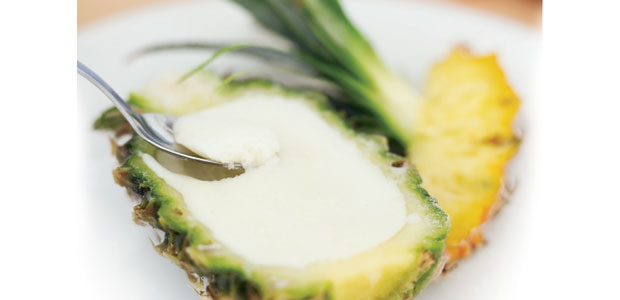Advertisement
Treating Urinary Tract Infections
A natural alternative to antibiotics

Urinary tract infections (UTIs) are extremely common—they account for millions of doctor visits each year. The most frequent culprit of UTIs is the bacterium Escherichia coli (E. coli).
The lining of the bladder is comprised of polysaccharide molecules. These molecules are what interact and bind with the finger-like projections called glycoproteins or lectins on the surface of E-coli bacteria. These lectins allow the E-coli bacteria to stick to the inner wall of the bladder and urinary tract, preventing them from being flushed or rinsed off by urination.
Banishing Bad Bacteria
The natural supplement D-mannose has the ability to bind to the E-coli lectins before they bind to the bladder wall. D-mannose competes with the bladder-wall polysaccharides for the chance to bind E-coli, and more often than not, D-mannose wins. The E-coli, are, therefore, kept in the urine and can be excreted, reducing the population of these infective bacteria in the bladder.
D-mannose is a naturally occurring simple sugar closely related to glucose, and it is found in small amounts in cranberries and pineapples. D-mannose, however, is absorbed eight times more slowly than glucose, and, once in the bloodstream, it does not get converted into glycogen and stored. It is excreted, essentially unchanged, through the kidneys into the urine. As only a very small amount of D-mannose is actually metabolized in the body it does not interfere with blood sugar regulation. It can be used safely by diabetics, children, and pregnant women.
D-mannose shows specificity for the urinary tract. The kidneys excrete it so aggressively that urine concentration rises within 30 minutes of ingestion. Once in the urine, it begins to work immediately. According to studies, D-mannose is able to prevent E-coli from settling in the urinary tract 80 to 90 percent of the time within two to three days. Clinical research performed on E-coli-infected mice treated with D-mannose showed a 90-percent reduction in bacterial attachment to the lining of the urinary tract.
A Safe Supplement
D-mannose can also be used preventively for those susceptible to recurrent UTIs or cystitis. There are no known side effects from D-mannose. It does not disrupt normal bacterial flora, has no allergenic properties, does not alter blood sugar levels, and may be 50 times more effective than cranberry at treating urinary infections.
Individuals with systemic symptoms, including fever, nausea, and flank pain, or those in whom symptoms do not settle within 24 hours, are advised to seek further medical attention.




